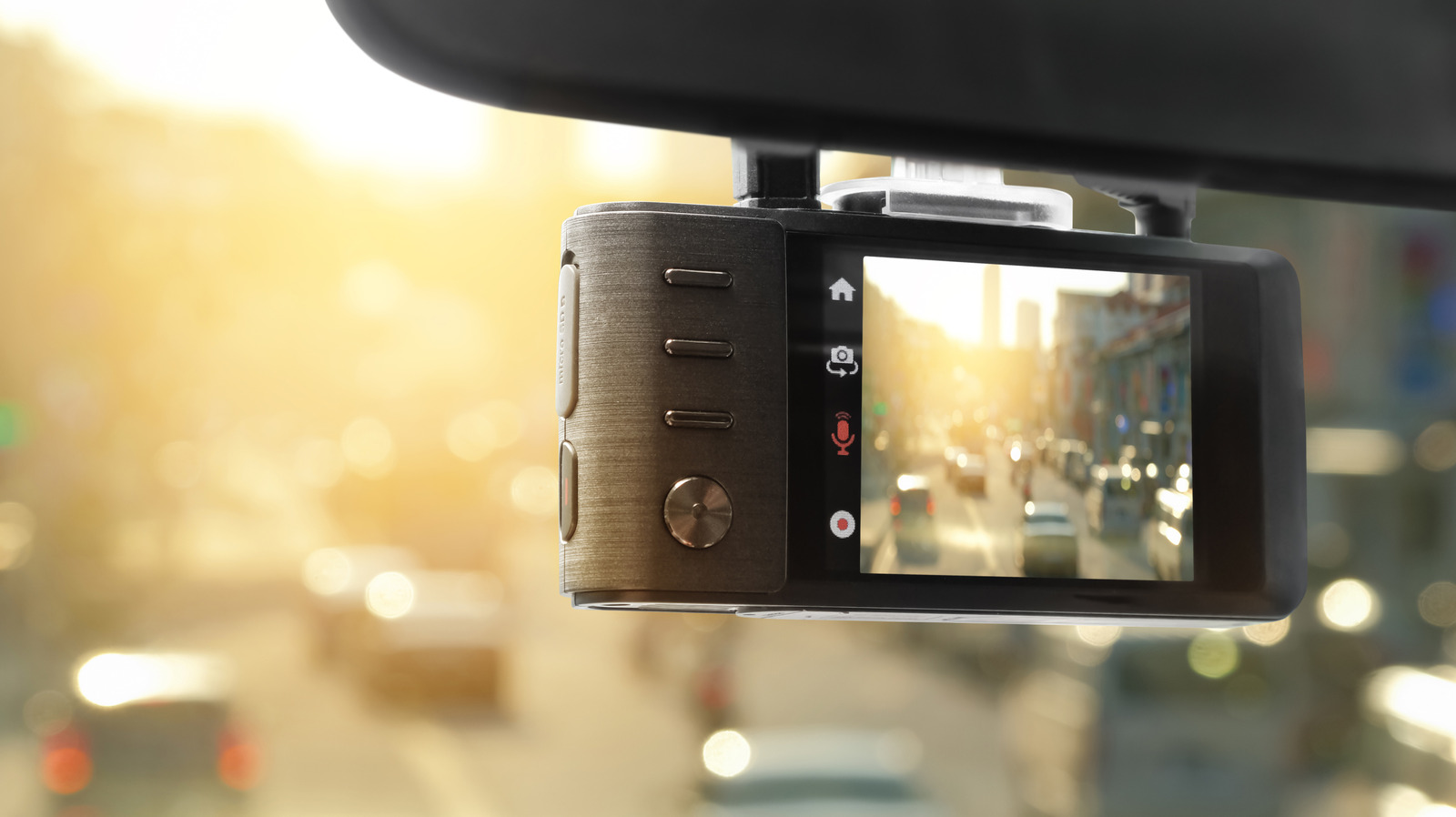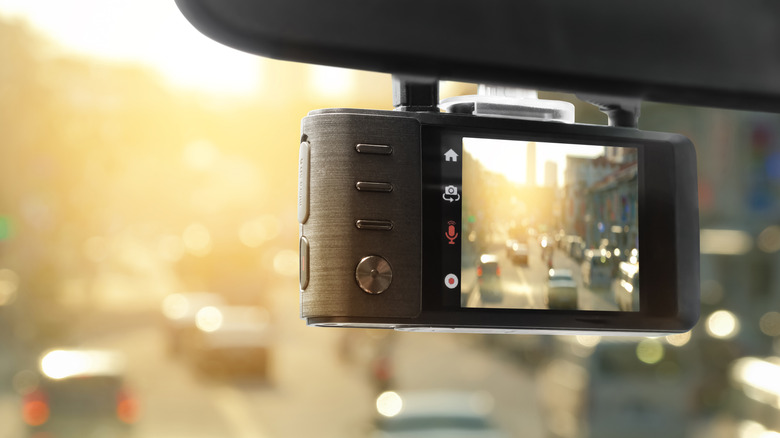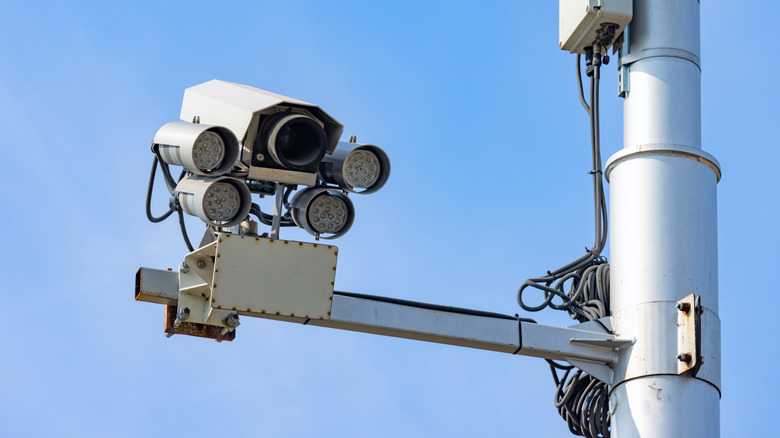Automated license plate readers (ALPRs) are scary enough, providing a treasure trove of information to authorities about where you are and when. Flock Safety, an ALPR company that hasn’t always played by the rules, now wants to team up with Nexar, a dashcam manufacturer using similar technology, reports 404 Media. It is in no way scary or ominous that such a partnership has the technological potential to turn private dashcams into surveillance tools.
So far, Flock has specialized in stationary cameras, installed in locations of the customer’s choosing, and sometimes without all of the permits required, according to Forbes. Its technology reads not only license plates, but also the make, model, and color of the car. This can certainly help police solve legitimate crimes, but it also creates a vast database that can be used to track people’s movements, regardless of whether they’re suspected of a crime or not. 404 Media reports that both Customs and Border Protection and ICE have used Flock’s data to carry out their unpopular activities.
Nexar, on the other hand, sells connected dashcams that record and upload trillions of images a month and location data to its network. In addition to standard dashcam functions, Nexar’s CityStream Live uses algorithms to identify objects in the video, including road signs, traffic lights, and construction zones, and publishes them online. It also identifies faces and license plates, but blurs them out in the public images. Customers, including public agencies, can pay Nexar to access this database privately.
Privacy concerns
If you’re in a public place, such as a road, there is no expectation of privacy. We are required to have license plates on our vehicles, which we are not allowed to obscure. If a cop on patrol happens to see that your plate is expired, they have every right to pull you over and enforce the law. If a gas station surveillance camera happens to record your plate when you fill up, that’s to be expected.
The problem is when trillions of photos with location data, all taken in public places, go into a database. Searching for a license plate now brings up an extensive history of sightings, and it’s possible to figure out behavior patterns. Regular weekday sightings at an office building are probably where the owner works, for example. Put all this legally obtained information together, and you can track someone’s movements in a way that the authors of the Fourth Amendment could never have anticipated, or wanted.
While the government can and does access this data, people like private investigators and even repo men can also get it, and they don’t even need a warrant. They can just buy access to the database, as Vice did as a demonstration. Adding data gathered from consumer dashcams to this database would expand its reach far beyond Flock’s existing stationary cameras. We’re not saying that’s what Flock and Nexar are doing together, but the possibility alone should at least raise some eyebrows.




